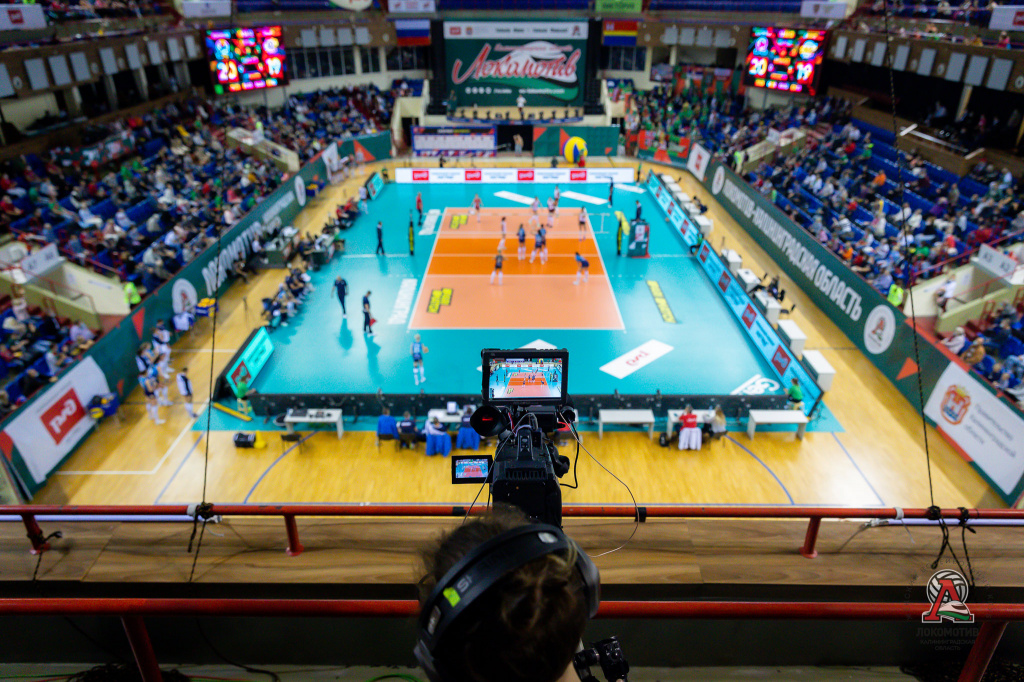The Russian Volleyball Federation (VFV) has published the document with new regulations on the activity of volleyball agents, which from now on can only be carried out by those with a license.

The VFV regulated the activities of volleyball agents in a different way compared to earlier. Players, coaches, and clubs are prohibited from collaborating with unlicensed agents as they will be subject to a fine or even a suspension. As reported by Biznes Online, some of the agents question the legitimacy of the new measures, but no one officially disputed it.
In order to work in Russia, agents now must study sports regulations, tax, and labor codes, as well as the federal law on physical culture and sports. By November 25, the agents must present the documents and pay a fee of 15,000 rubles (about 180 euros) for taking an oral exam, non-refundable in case of failure to pass it. There is only one retake attempt to repeat the exam and, if they fail it, the next one will take place in a year. The basic requirements for agents are higher education, a clean criminal record, and no official positions in clubs or federations. The license will be valid for two years, after which it must be renewed.
Before all this, volleyball agents felt quite comfortable – they paid 30,000 rubles a year (360 euros), which was all that cost them for their activities. Now, if the agent has fewer than 30 clients (players and coaches), the annual fee is 50,000 rubles (600 euros). If there are more than 30 clients, the contribution is 100,000 rubles (1,200 euros).
Previously, many agents took 5% from the player and 5% from the club per transfer. Now they should receive remuneration from only one side, and no more than 5%. The regulation excludes the activities of foreign agents in Russia, but they have never worked directly in the country even before these new regulations were brought in but have conducted business with the help of Russian partners. In transactions with players from abroad, the commissions are usually high, as they are split between multiple parties. It is not yet clear how the document will affect international transfers and whether it will affect them at all or not. The rules of the International Volleyball Federation (FIVB) should in any case prevail during transfers.